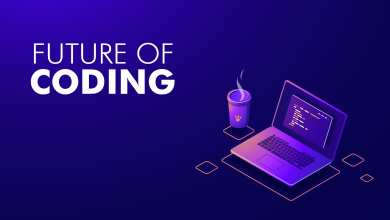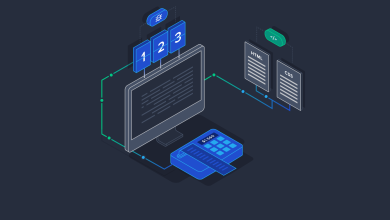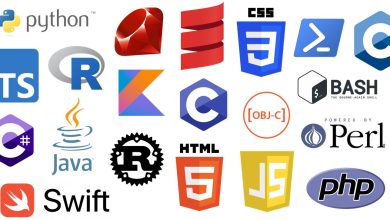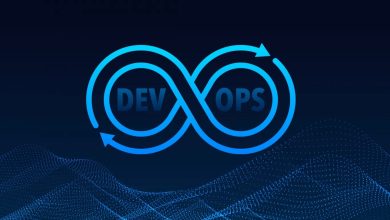Dev Future
-

The Future of Coding with Artificial Intelligence
Artificial Intelligence (AI) is transforming software development, introducing new ways to write code, debug, and optimize applications. From AI-powered code…
Read More » -

Cybersecurity Basics Every Developer Should Know
In today’s interconnected world, cybersecurity is no longer optional—every developer needs to understand the fundamentals. Writing secure code protects users,…
Read More » -

Clean Code Principles Every Developer Should Follow
Writing code is one thing, but writing clean, maintainable, and readable code is a mark of a professional developer. Clean…
Read More » -

Blockchain & Web3: What Developers Need to Understand
Blockchain and Web3 technologies are revolutionizing the way we interact with the internet and digital assets. From decentralized finance (DeFi)…
Read More » -

Rust Programming Language: Why Everyone Is Talking About It
Rust has rapidly gained popularity in the developer community due to its performance, safety, and modern features. Known for preventing…
Read More » -

How to Stay Updated with the Latest Tech Trends
The tech industry evolves at lightning speed. New frameworks, languages, tools, and methodologies emerge constantly. As a developer, staying updated…
Read More » -

DevOps Explained: Why Developers Should Care
DevOps is more than a buzzword—it is a cultural and technical approach that bridges development and operations. By adopting DevOps…
Read More » -

ChatGPT & Copilot: Will They Replace Developers?
AI-powered coding assistants like ChatGPT and GitHub Copilot are revolutionizing software development. They can generate code, suggest solutions, and even help debug…
Read More » -

Preparing for Technical Interviews the Right Way
Landing a software development job often requires passing rigorous technical interviews. While strong coding skills are essential, preparation, strategy, and…
Read More » -

Junior vs Senior Developer: Key Differences
In the tech industry, the terms Junior Developer and Senior Developer are commonly used, but the distinction is not just…
Read More »
